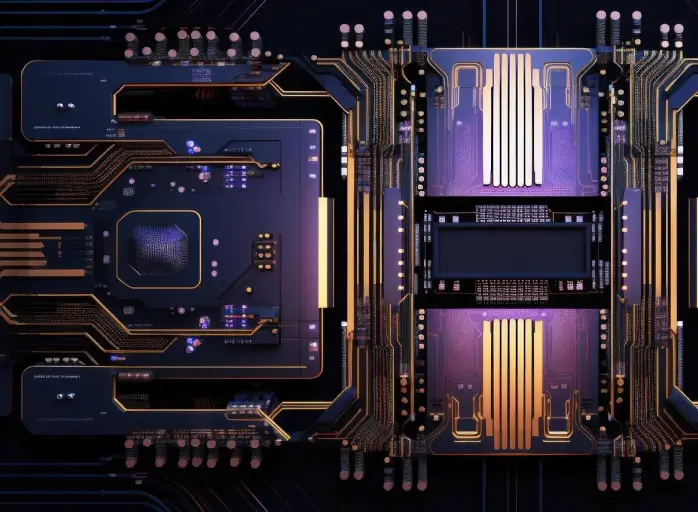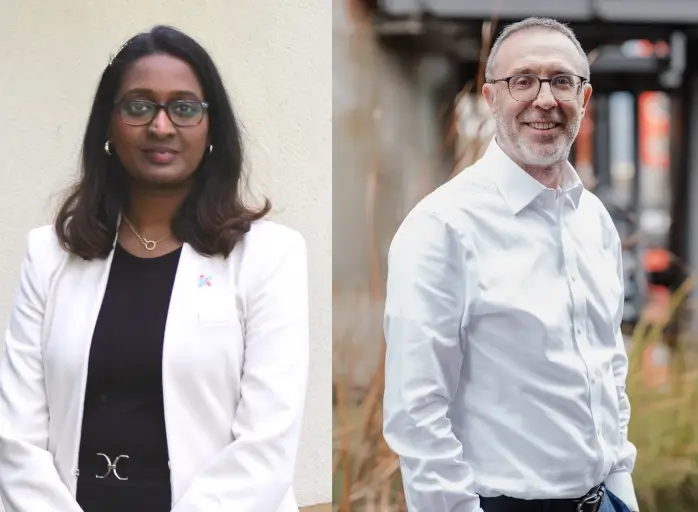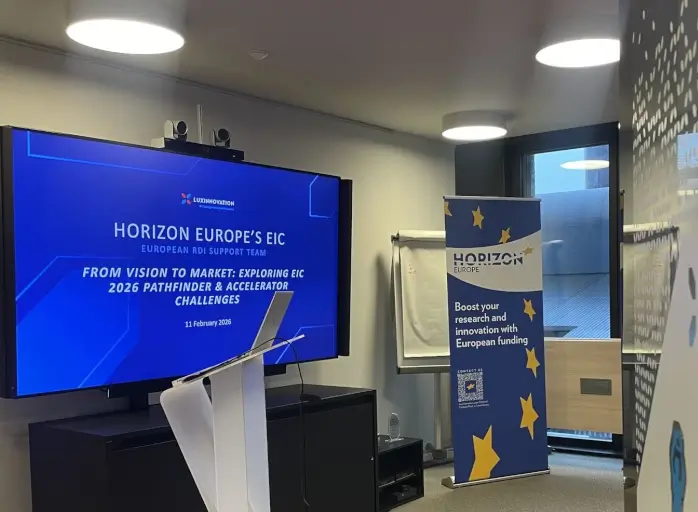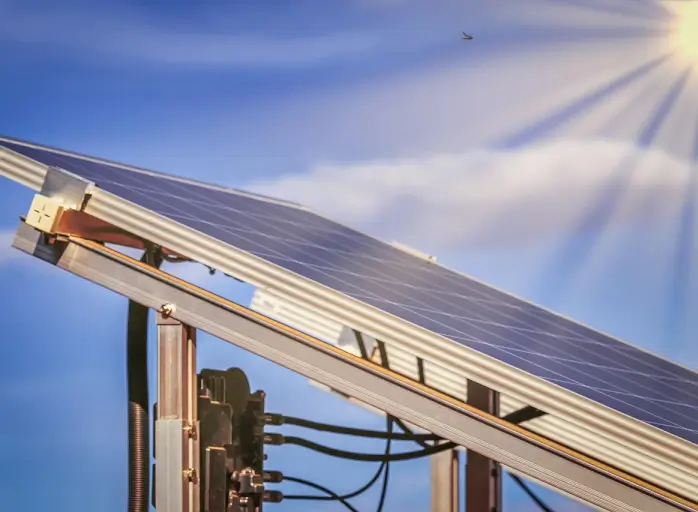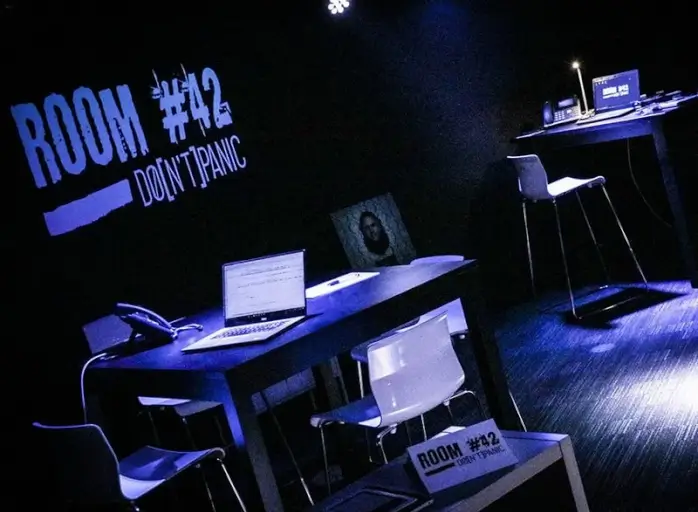
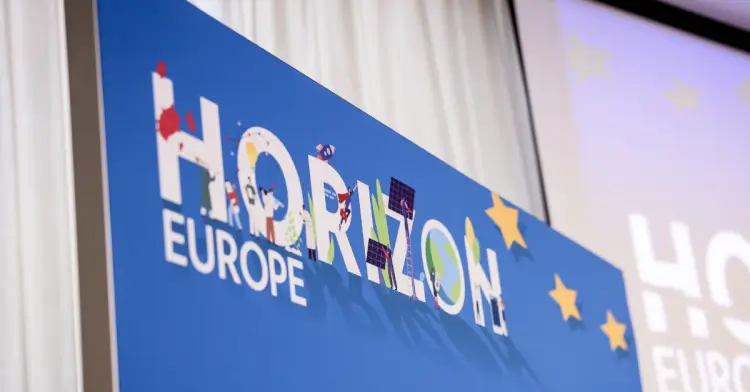
AristEng advances product innovation with EIC Pathfinder Challenges
Through its participation in the EIC Pathfinder, engineering and consulting firm AristEng is applying its expertise in different fields.
 Abigail Okorodus
Abigail Okorodus
AristEng specialises in providing engineering services to a diverse clientele, including industries, research institutes, universities and project consortia. The SME carries out process design and process optimization, techno-economic evaluations and environmental impact assessments of novel processes and products at any phase of development.
“Our expertise spans across industries such as fuels, chemicals, pharmaceuticals, food or energy. We like to work with emerging technologies and processes, namely CO2 valorisation, plastic recycling or the deployment of electricity-driven technologies in conventional industries. This is our main competence, compared to other engineering firms,” explains Dr Evangelos Delikonstantis, cofounder and Managing Director.
We like to work with emerging technologies and processes.
Evangelos Delikonstantis, AristEng
The company headquartered in Luxembourg has been involved in several projects under Horizon Europe, the EU's main funding programme for research and innovation. A key part of this programme is the European Innovation Council (EIC), which aims to identify, develop, and scale up breakthrough technologies and game-changing innovations. The EIC has three main funding sub-programmes: Transition, Accelerator and Pathfinder.
EIC Transition helps to validate novel ideas, while EIC Accelerator empowers startups and small and medium-sized enterprises (SMEs) to scale to new markets or disrupt existing ones. EIC Pathfinder supports high-risk, high-reward research and deep-tech projects. Small consortia, typically consisting of researchers and small companies or startups, can apply. Grants are offered under two main categories: Pathfinder Challenges and Pathfinder Open.
Luxinnovation was a great support when we had a lot of questions at the beginning.
“The key difference is that the Pathfinder Open call allows applicants to propose ideas in any technology or innovation area, offering more flexibility to explore different paths. In contrast, the Pathfinder Challenges focus on specific problems or themes identified by the EIC, requiring applicants to align their proposals with these targeted issues,” explains Francesca Borrelli, Senior Advisor - European Funding at Luxinnovation. The national agency operates as the Luxembourg contact point for Horizon Europe.
“Luxinnovation was a great support when we had a lot of questions at the beginning related to management or how to allocate the budget, or anything administrative related to Horizon Europe. The agency helped us to understand the methodology we should apply in order to have a structured and successful proposal, from the Horizon Europe point of view,” says Mr Delikonstantis.
Hydrocool project
Among the various Horizon Europe calls that AristEng has participated in, the Hydrocool project, aimed at replacing conventional cooling systems, stands out.
On the one hand, it is the firm’s first Pathfinder application. “Our goal is to develop a novel cooling system that is able to achieve, depending on the operating mode, cooling duties of up to minus 40 degree Celsius, making it suitable for applications such as food preservation,” specifies Dr Delikonstantis.
It helped us to get out of our comfort zone, expand our portfolio and network, and develop other skills.
On the other hand, it was an opportunity for the company to apply its expertise in product development and innovation. “It helped us to get out of our comfort zone, expand our portfolio and network, and develop other skills. Now we're shifting from conventional chemical engineering to thermodynamic cooling cycles, mechanical parts and material science, which are all connected to the development of the hydrocool system. So it gives us the opportunity to expand our competencies and knowledge base,” he adds.
In the scope of this project, AristEng led the work package focused on circularity and sustainability by design. Their role involved assessing product design specifications at each development stage to ensure alignment with sustainability and economic viability criteria. By providing feedback and guidance, the company helped the technology developers refine their product to meet necessary standards before market entry.
Leveraging past networks
Previous Horizon Europe projects the company has participated in include Electro (recycling plastic waste into olefins using electrified reactors), Fuel up (enabling a greener aviation and transport sector using sustainable fuel from biomass), Simpli-Demo (strengthening the chemical process industry – and in particular the specialty chemicals and pharmaceuticals industries), and Hyield (Europe’s first industrial-scale waste-to-hydrogen plant project).
AristEng’s involvement in the Hydrocool project stemmed from a fruitful partnership with a previous consortium partner. “They had been a close collaborator of ours, and we had already won two projects together that we have been running. They were satisfied with our contribution and performance and invited us to join this consortium,” recalls Mr Delikonstantis.
They were satisfied with our contribution and performance and invited us to join this consortium.
According to him, the success of the Hydrocool project application can be attributed to two key factors. Firstly, the innovative aspect of the technology – the cooling system utilises a piston pump instead of a conventional compressor - significantly reduces electricity demand and enhances system performance. Secondly, the sustainability dimension of the project. “In September, all the partners under the cooling system call category met in Brussels, and based on the feedback we got, our project was the only one that had a complete environmental impact analysis at the proposal stage,” he proudly mentions.
Cascading benefits
Participation in Horizon Europe consortia can lead to other collaborations. “Since EIC Pathfinder often funds early-stage technologies, it creates the need for a holistic environmental impact assessment or techno-economic evaluation. This means there is a possibility that those partners will know ArtisEng. Later on, they could assign us some other job not foreseen in the activities of the Pathfinder proposal, which means that they are potential customers for AristEng,” he notes.
As part of consortiums, the company submitted three new Horizon Europe proposals in September and is now working on four additional applications with a deadline in February 2025.
Dr Delikonstantis advises companies looking to try out Horizon Europe programmes for the first time: “partner with academia, especially universities with a strong Horizon Europe record, for instance from Germany, Netherlands or Belgium. Send an email, introduce yourself and what you do and let them know you are available to become a partner. Take action to spread the word that you want to join the funding schemes of the European Commission.”


